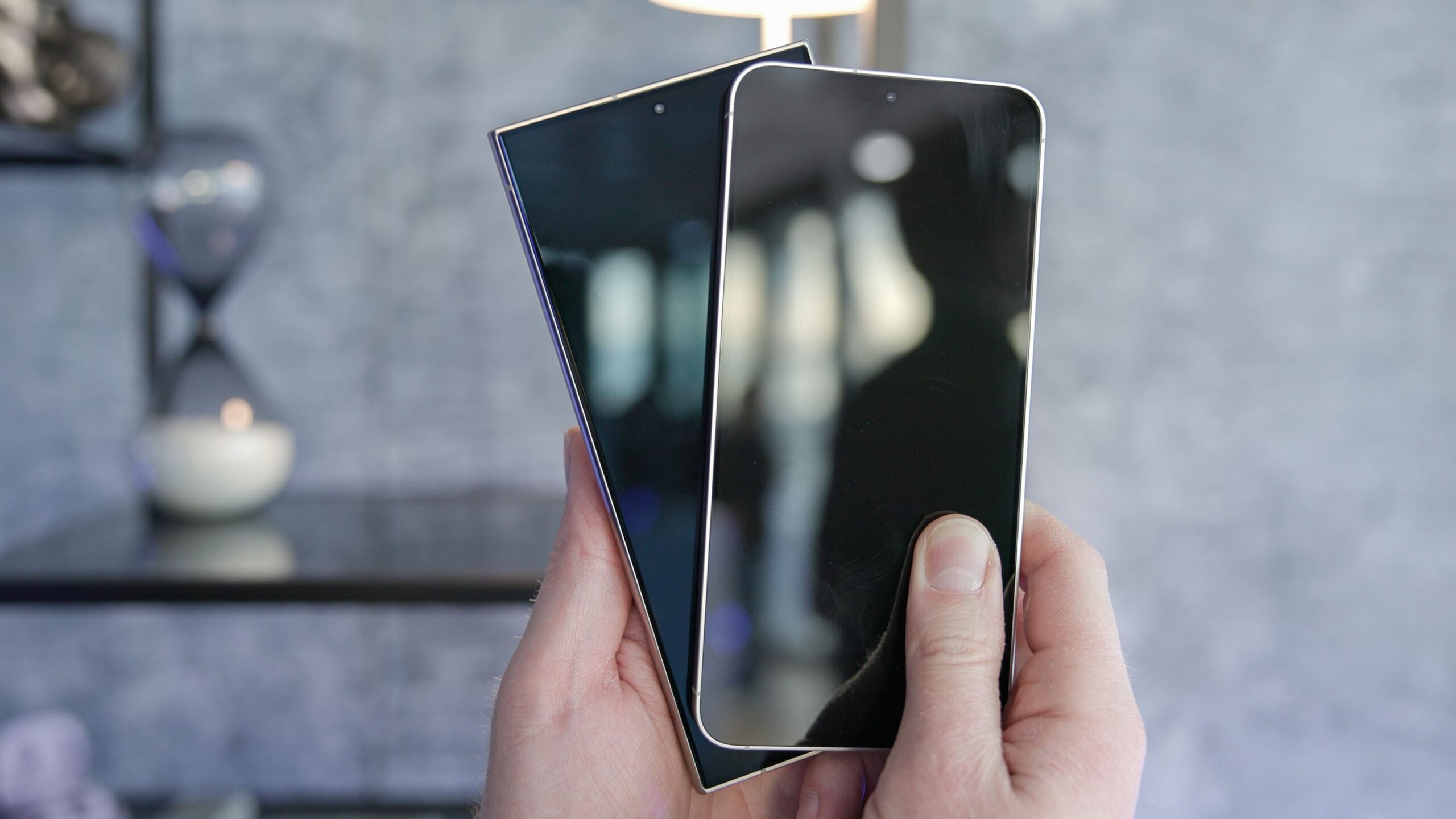For many years, Corning’s Gorilla Glass has been nearly synonymous with smartphones, as major mobile manufacturers have widely adopted the company’s technology across their devices. This stranglehold in the industry has now come under scrutiny by the European Union, which is investigating possible anticompetitive practices by the company.
On Wednesday, the European Commission announced a formal investigation into Corning to assess whether the US-based company abused its dominant position, potentially restricting other glass manufacturers from entering the market.
Corning’s alleged restrictions on OEMs selecting other glass providers
The investigation centers on Corning’s “anti-competitive exclusive supply agreements” with manufacturers like Apple and Samsung. These agreements reportedly require manufacturers to source all alkali-aluminosilicate glass materials solely from Corning.
” It is very frustrating and costly experience to break a mobile phone screen. Therefore, strong competition in the production of the cover glass used to protect such devices is crucial to ensure low prices and high-quality glass. We are investigating if Corning, a major producer of this special glass, may have tried to exclude rival glass producers, thereby depriving consumers from cheaper and more break-resistant glass,” said Margrethe Vestager, Executive Vice-President in charge of competition policy.
Under the terms of these agreements, manufacturers not only receive rebates for signing but must also “report to Corning on competitive offers” from other glass providers. Furthermore, the agreements prevent manufacturers from accepting alternative offers unless Corning fails to match the proposed price.
The investigation will examine whether these practices have inflated material costs, limited customer options, and slowed the development of new protective glass technologies.
If the investigation concludes that Corning has violated EU competition rules, the company could face a fine of up to 10% of its annual global revenue. Corning has been given time to respond to the investigation.
Apart from a possible fine, the region may also force Corning to tweak its exclusive supply agreement and that will benefit OEMs and users through lower prices of these specialized glass materials. Moreover, we might also see it share its technology with other companies through licensing.
Corning’s response
Corning has released a statement addressing the EU’s investigation, stating, “Corning is committed to compliance with all applicable rules and regulations where it does business,” and expressing its willingness to cooperate with regulatory authorities for “open discussion and cooperation.”
Corning’s close partnerships with leading brands further highlight its influence in the industry. Apple recently introduced a custom Ceramic Shield glass for the iPhone 16 (review) and iPhone 16 Pro (review), while Samsung has employed Corning’s latest Gorilla Glass Victus on its Galaxy smartphones and tablets for several years now. Samsung even co-developed a new Corning Gorilla Armor for the Galaxy S24 Ultra (review), designed to reduce glare and reflection while maintaining the same degree of durability.
What are your thoughts on the European Commission’s move to look into Corning’s position? Do you think customers have fewer options when it comes to a choice for a protective glass on their smartphones?
